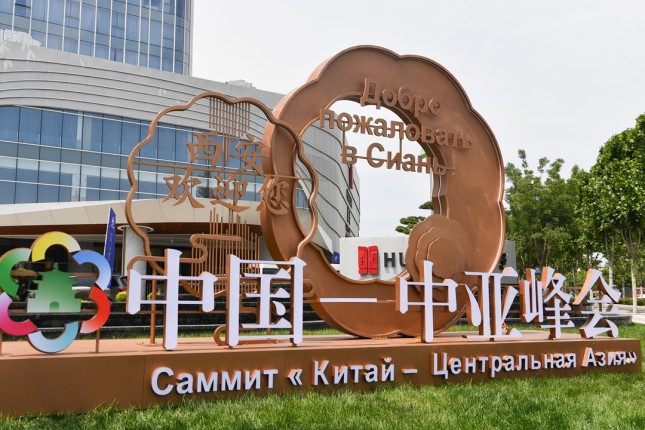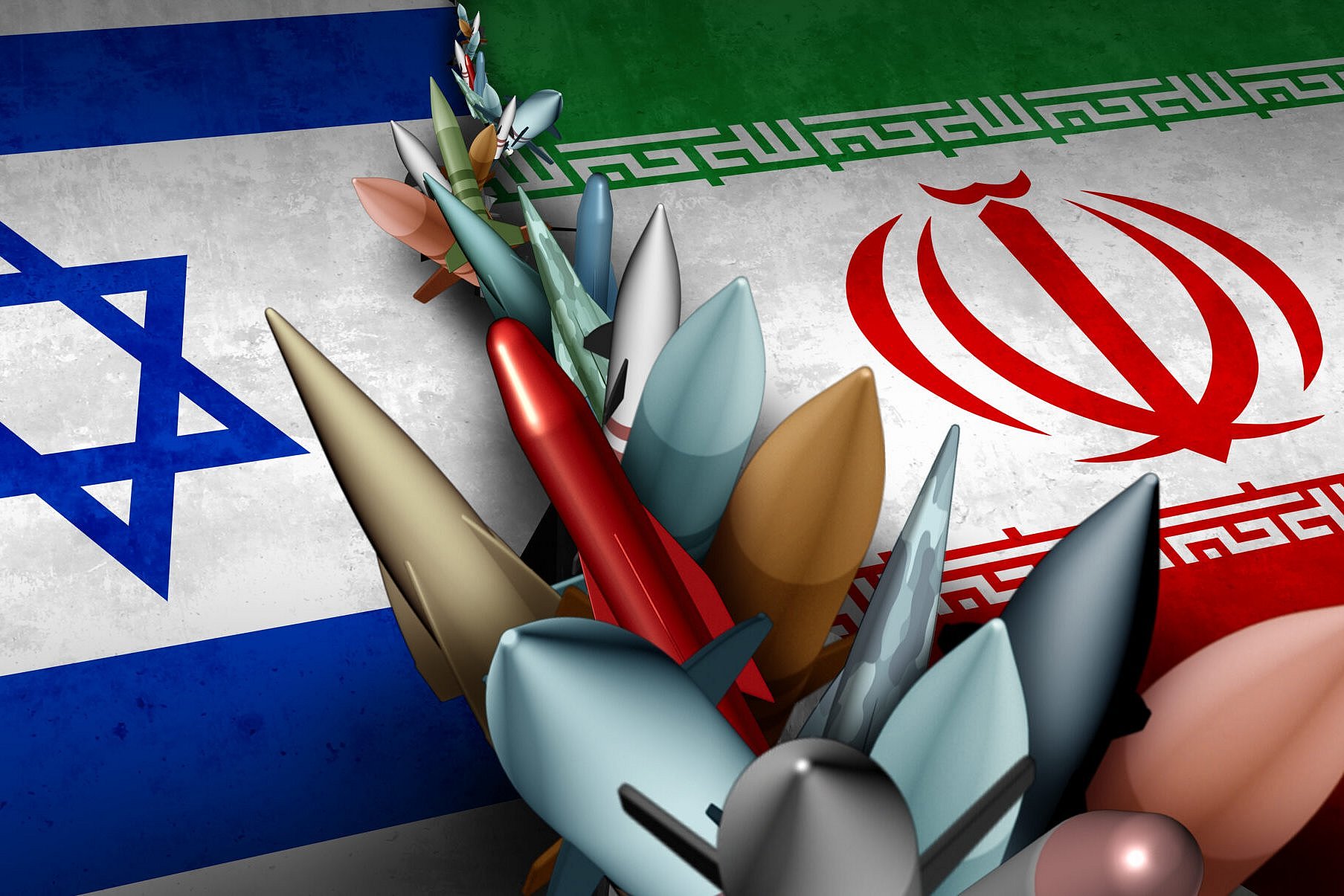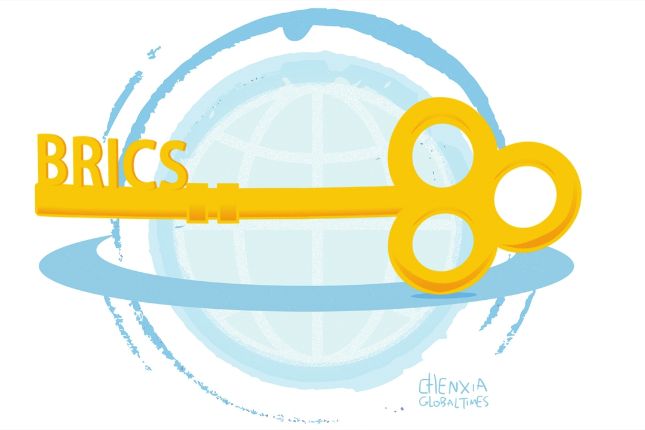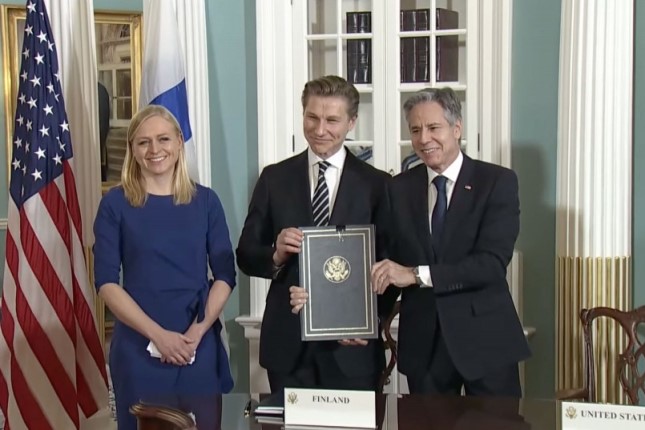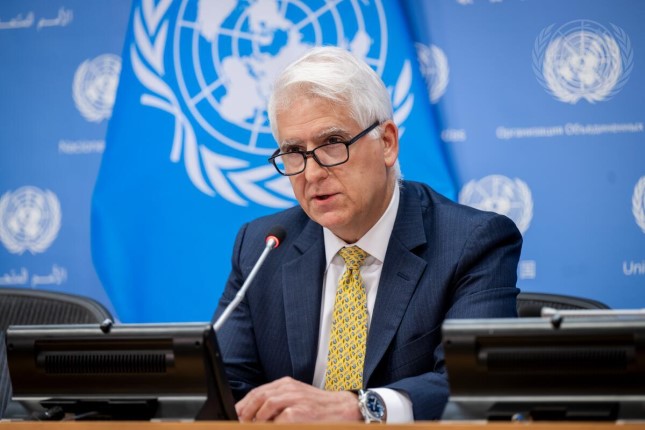The summit, taking place in the capital of Northwest China's Shaanxi Province, will witness a new chapter of cooperation between China and Central Asian countries, where all sides aim to expand areas of cooperation and strengthen ties. Experts believe traditional and new energy, commodities and digital commerce are likely to be the focus of trade cooperation during the summit.
The gathering of five leaders of Central Asian countries at the same time in one Chinese city for the summit demonstrates their willingness to elevate cooperation with China, said experts. They described some Western media's smears and hype over China's cooperation with Central Asian countries as evidence of "sour grapes" mentality, as their influence in the region pales in comparison with China's.
At China's invitation, President Kassym-Jomart Tokayev of Kazakhstan, President Sadyr Japarov of Kyrgyzstan, President Emomali Rahmon of Tajikistan, President Serdar Berdimuhamedov of Turkmenistan and President Shavkat Mirziyoyev of Uzbekistan will be attending the summit, along with other top officials from the five nations.
Tokayev was the first Central Asian leader to arrive in Xi'an.
Chinese President Xi Jinping warmly welcomed President Tokayev to China for the China-Central Asia Summit and a state visit. President Xi expressed his pleasure at hosting President Tokayev in Xi'an and once again wished him a happy birthday as he turned 70 the same day.
Xi pointed out that President Tokayev's state visit to China on this special occasion speaks volumes about the strength of the bilateral ties and once again attests to his unique bond with China.
Xi stressed that China-Kazakhstan relations have entered the next three golden decades. The two sides should vigorously carry forward the traditional friendship, firmly support each other, deepen mutually beneficial cooperation, pursue development and rejuvenation, and build a China-Kazakhstan community with a shared future featuring everlasting friendship, strong mutual trust and solidarity.
Kyrgyz President Sadyr Japarov and Tajik President Emomali Rahmon also arrived in Xi'an on Wednesday, according to Xinhua.
Yu Jun, deputy director-general of the Chinese foreign ministry's Department of European-Central Asian Affairs, said at a Tuesday press briefing that at the summit, leaders will exchange their views on establishment of a cooperation mechanism and on international and regional issues of concern. Leaders of the six countries are expected to sign a slew of important political documents on trade, connectivity and economic cooperation.
The fact that they choose to gather in Xi'an demonstrates those countries' strong willingness to cooperate with China and to enhance ties, Qian Feng, director of the research department at the National Strategy Institute at Tsinghua University, told the Global Times.
Expand cooperation
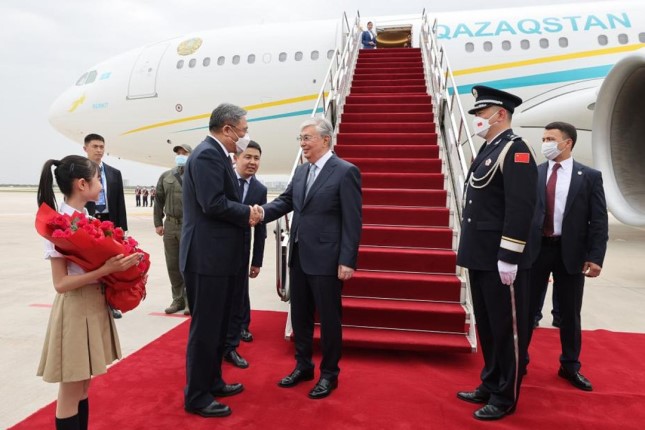
Kazakh President Kassym-Jomart Tokayev arrives in Xi'an, northwest China's Shaanxi Province, on May 17, 2023. Kazakh President Kassym-Jomart Tokayev arrived in Xi'an on Wednesday afternoon for the China-Central Asia Summit, which is scheduled for May 18 and 19. Tokayev is the first Central Asian leader to arrive in Xi'an for the summit. A team of 190 performers, including Shaanxi folk dancers, are at the airport to welcome the leaders of the Central Asian countries. Photo: Xinhua.
Traditional and new energy, commodities and digital commerce are likely to be the main topics for discussion at the summit, Qian said. Amid the complicated political and energy crisis the world is facing, China and Central Asian countries' cooperation on those areas can help both sides draw on each others' strength.
Part of China's cooperation with Central Asia focuses on energy security to cope with influences from the international market and geopolitical changes, Zhang Hong, an associate research fellow at the Institute of Russian, Eastern European and Central Asian Studies of the Chinese Academy of Social Sciences, told the Global Times. He said that both China and Central Asian countries are seeking energy diversification and strengthening cooperation on low carbon initiatives and a green energy transition to secure energy supplies and exports amid the new international environment.
China's General Administration of Customs published data on Wednesday, saying that China's import and export volume with Central Asian countries amounted to 173.05 billion yuan ($24.8 billion) in the first four months, an increase of 37.3 percent compared with same period last year.
It is particularly noteworthy that China's export and import volume with the five Central Asian countries reached a combined 50.27 billion yuan in April alone, exceeding 50 billion yuan for the first time, marking a new step in trade volume.
For the first four months, China imported energy products, such as coal, crude oil and natural gas, worth of 32.45 billion yuan from the five Central Asian countries, accounting for 55 percent of the total volume.
Chinese officials said at a news conference on Wednesday that energy cooperation is a key element in China-Central Asia cooperation, but it will not be the only focus, as there is vast room for both sides to join hands.
Uzbekistan's Minister of Investments, Industry and Trade Laziz Kudratov said at a Wednesday conference in Xi'an that China is one of Uzbekistan's most important trade partners, but Uzbekistan is not satisfied with the current amount of trade cooperation, and he believes there is still vast space for improvement.
China is the biggest trading partner and a major investor in Uzbekistan. In 2022, bilateral trade grew 20 percent year-on-year, said the minister, hoping that the goal of $10 billion in annual trade set by both heads of state could be achieved soon.
Kudratov also expressed Uzbekistan's strong interest in cooperating with China on electric vehicles, new energy industry and digital cooperation, emphasizing that Uzbekistan is willing to cooperate with China in all fields.
Security is likely to be another major issue at the summit. In an interview with Chinese media, Turkmenistan's Ambassador to China Parahat Durdyev said he hopes the summit can be a new starting point for solving regional and international hot issues. Amid a complicated international atmosphere, the summit will demonstrate China and Central Asian countries' determination and effort in strengthening regional and international safety, and push for regional prosperity.
Asked if the Russia-Ukraine conflict will be discussed at the summit, Wang Wenbin, spokesperson of the Chinese Ministry of Foreign Affairs said that leaders of the six countries will exchange opinions on major international and regional issues, and that China will publish information in time.
West's sour grapes mentality
As the summit drew closer, Western media upped its hype over China's cooperation with Central Asian countries. In a piece published on Tuesday, AFP cited experts as saying that China is more popular with elites in Central Asia than with the people, as politicians are desperate for investments that do not always garner popular support. There is also "resentment over the lack of job opportunities for locals in Chinese-funded projects."
During the Wednesday conference, Kudratov said a large number of China-Uzbekistan cooperation projects in the chemical, textile and crude oil industries helped create tens of thousands of jobs in Uzbekistan.
Qian said those reports reflect Western countries' "sour grapes mentality," as they are envious of China's close ties with Central Asia, as those Western countries, after the Ukraine crisis, have shown growing interest in energy from Central Asia. However, their influence in Central Asia pales in comparison with China and Russia's, and as a result, those countries began to smear China's investments in the region.
Deutsche Welle published an article on Tuesday, saying that China is playing bigger role in security in Central Asia. Other media also hyped that China aims for deeper engagement with Central Asian countries as "Russia's influence wanes in the region."
China's cooperation with Central Asia does not target any third party and the China-Central Asia cooperation mechanism does not aim to compete with other mechanisms, said Yu. China supports anything that is truly beneficial for the region's development, and helps the common prosperity of the region, Yu noted.
Li Yongquan, director of the Eurasian Social Development Research at the Development Research Center of the State Council, told the Global Times that "for 30 years, Central Asia has been situated in a complicated geopolitical atmosphere. One of the reasons why regional countries can thrive despite the multiple unstable factors is because China and Russia have cooperated on maintaining safety and stability in the region. China and Russia have a shared interest on this issue," Li said.
Main photo: An installation for the China-Central Asia Summit in both Chinese and Russian sits outside the press center of the summit in Xi'an, Northwest China's Shaanxi Province on May 16, 2023. The summit is set to take place on May 18 and 19. © Xinhua.
Source: The Global Times.
